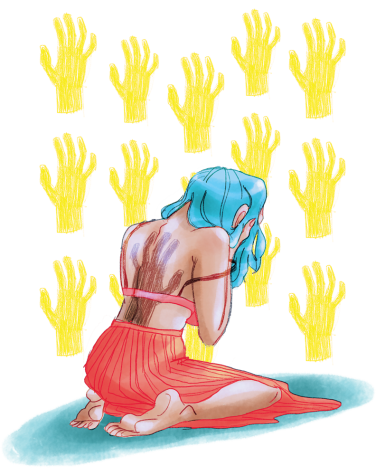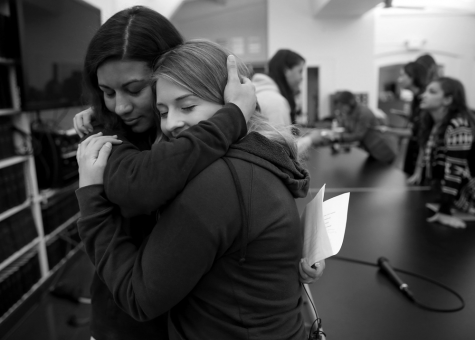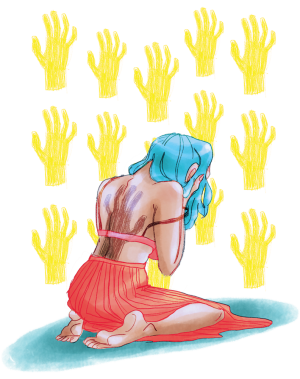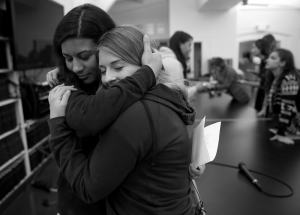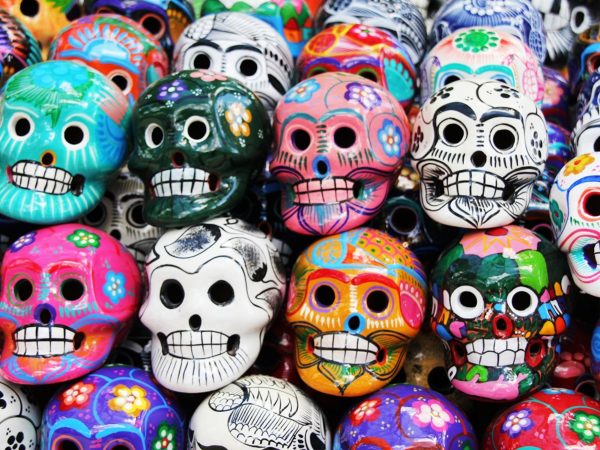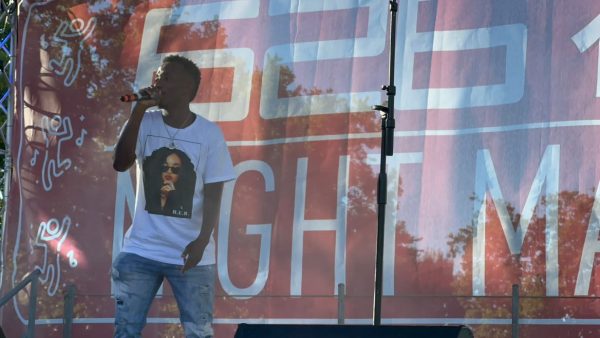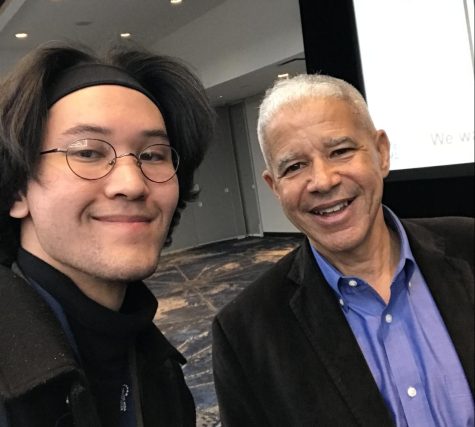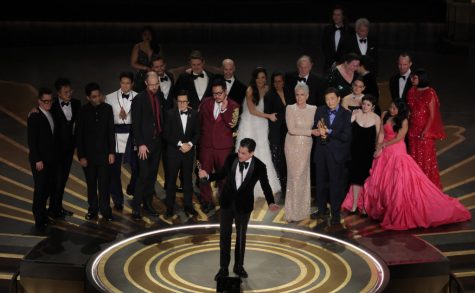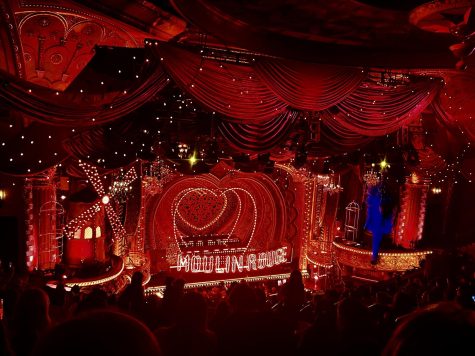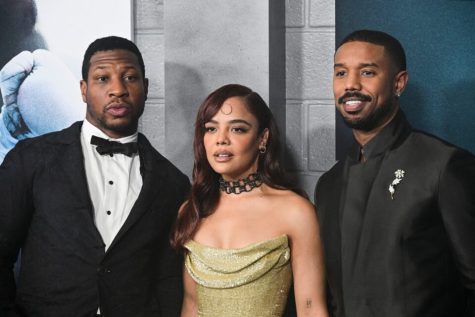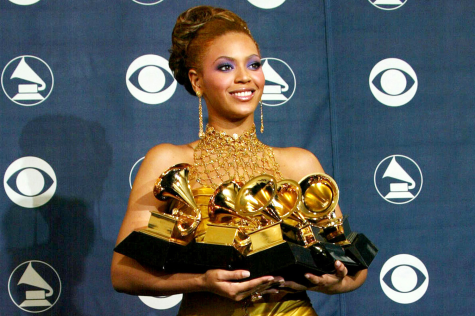Hashtag breaks the silence: #MeToo

2015 redesigned Pioneer logo.
November 3, 2017
On the evening of October 15th, actress Alyssa Milano of the “Charmed” television series quoted an anonymous friend on Twitter saying: “If all the women who have been sexually harassed or assaulted wrote “me too” as a status we might give people a sense of the magnitude of the problem.”
Milano was referring to her own experience as well as the women who claimed to have been sexually assaulted by Hollywood producer Harvey Weinstein, who had recently come under fire for a wide range of allegations of decades of sexual assault and harassment from women in the industry.
Milano then asked her Twitter followers to respond ‘me too’ if they have been sexually harassed or assaulted. Over the next few days, more than 60,000 comments had appeared on Twitter, who confirmed to CBS, that #MeToo had been tweeted more than 1.7 million times.
Some simply wrote the two words while others shared intimate stories of incidents that had happened to them. The hashtag “#MeToo” went viral on other networks such as Facebook and Instagram.
It inspired a number of women and men in Hollywood to break their silence and speak out about this issue. Actress Ashley Judd spoke out, as did Gwyneth Paltrow, Angelina Jolie, Terry Crews and at least 60 more celebrities in the industry denounced Weinstein’s actions according to People.com.
“The timing in that it’s happening in conflation with the Harvey Weinstein scandal at the same time I think is magnifying this a bit more,” said Natalie Ingraham, a Sociology professor at Cal State East Bay. “And the fact that Hollywood, this big and very visible media industry, is pushing back to some extent feels like it might be more impactful than in other campaigns because, for better or worse, celebrities are very embedded in our American culture so when they talk about issues it might get through some filters and people will listen.”
Milano did not invent the term “Me Too.” Tarana Burke, a public speaker and community organizer in New York, is credited as the first to coin the phrase after naming her campaign “Me, too,” to help victims — like herself — of sexual harassment and assault, according to The New York Times.
“Any time something memes it has to be more than one person’s vision. There has to be a shared compulsion to have this message out there,” Dr. Grant Kien, a communication professor at Cal State East Bay, said. “It doesn’t mean that there’s always a widespread agreement or common experience, It doesn’t even have to be correct, but there’s a critical mass of people that feel the need to express whatever it is that’s being meme’d at the time.”
The “#MeToo” social media movement incited a variety of reactions among readers. It triggered some people who are sensitive to this subject because suddenly, without warning, people were sharing explicitly-vivid stories about their experiences all over the internet. With the painful memories and emotions that this exposure can evoke, this movement has the potential to set back the very people that it’s supposed to represent.
Weinstein was fired from his own company as co-founder on October 8, according to the Washington Post. These public and visible repercussions have created a domino effect. Finn Wolfhard of the Netflix original series Stranger Things fired agent Tyler Grasham amid sexual harassment allegations.
Nickelodeon producer, Chris Savino, facing allegations of sexual harassment, was fired. Thirty-eight women stepped up and accused Hollywood Director James Toback of sexual harassment, and 147 women including lobbyists and lawmakers from California spoke out by signing a letter detailing inappropriate behavior.
The response to #metoo indicated what many women already know: Every day, hundreds of Americans are affected by sexual violence and one of every six women have faced rape, according to Rainn.org, the Rape, Abuse & Incest National Network, the nation’s largest an anti-sexual violence organization.
Rose McGowan, also a cast member from “Charmed,” and an alleged victim of Weinstein, was temporarily suspended from Twitter for accusing actor Ben Affleck of lying about what he knew of Weinstein’s history of sexual misconduct. McGowan is back and remains active with Milano on Twitter raising awareness about sexual harassment and assault.
“One tweet has brought together 1.7 million voices from 85 countries. Standing side by side, together, our movement will only grow. #MeToo,” Milano tweeted, nine days after the hashtag began.




